Quick—think of your favorite actor. Did you picture someone classically trained, or maybe a star known for wild transformations? The truth is, the debate over who’s the best actor in the world can easily spark arguments faster than any “pineapple on pizza” question ever could. We throw around names at parties, some based on pure talent, others based on personal memories at the multiplex. But the science of acting, if you can even call it that, is layered with taste, culture, and a bit of fanfare. The best actor? That’s a title that changes with eras, genres, and context, making the hunt for “the one” a surprisingly deep journey through film, theater, and even streaming screens.
The Magic Behind the Best Performances
Every time an actor stuns you on screen, there's a universe at work behind the magic. Real acting legends—think Daniel Day-Lewis melting into Lincoln or Meryl Streep giving an accent as much personality as a character’s hairstyle—live and breathe this craft. A truly great actor makes us forget we’re watching, pulling us into the story so deeply we can almost smell the rain in a sad scene or taste victory after a movie’s big win. But peel back the layers, and you’ll see hours—sometimes months—of preparation. Not everyone knows Daniel Day-Lewis stayed in character for months while filming "There Will Be Blood." He even sent texts as Abraham Lincoln during production just to keep the immersion tight. Now that’s commitment.
But it’s not just about method acting or dramatic roles with big emotional cries. Winning audiences worldwide also takes versatility. Look at Cate Blanchett, who can swing from playing Galadriel in "The Lord of the Rings" to Bob Dylan—with a cigarette, suit, and not a hint of parody—in "I'm Not There." Behind every surface transformation is years of training, script analysis, and, frankly, a dash of madness. It's that willingness to leap into the unknown that separates average performers from the true greats. Trivia time: Meryl Streep has racked up a record 21 Oscar nominations, and no one really bats an eye when she’s mentioned as *the* greatest.
Ever wonder why certain actors just seem to click no matter the film? Turns out a recent 2021 study from the University of Toronto found that the best performers shine not just because of their faces or voices, but by tapping into micro-expressions and subtle shifts in posture. This almost neurological-level skill is trainable, but rarely mastered. That’s why you can sense when someone’s just saying lines versus actually feeling them. A-list talents don’t just memorize scripts—they inhabit roles, letting emotional muscle memory and real-life experiences fuel every moment. That’s why you can spot a genuinely great acting job even with the volume muted.
For anyone aspiring to spot world-class acting, here’s a quick tip: Focus less on the tears and more on the silences. Many of Anthony Hopkins’ best moments, especially in “The Silence of the Lambs,” happen when he’s just watching or waiting. Those loaded pauses are the telling sign. Tiny tics, eye glances, or a controlled tremble can say more than a monologue ever could.
And if you still want a trick to catch a world-class performance on streaming services, set up a split-screen with subtitles, and check how closely the emotion matches the delivered words. The greats almost always move you, even across languages and cultures.
World’s Most Iconic Actors and Their Undeniable Impact
Arguing over the *best* actor is a bit like picking the greatest band in history—there’s no single answer, just endless top candidates. In the east, Shah Rukh Khan’s charisma fills stadiums and box offices, while Amitabh Bachchan’s voice alone carries gravitas in Bollywood and beyond. Look west and you’ll find figures like Denzel Washington, who jumps from action to drama and walks away with awards every time. Leonardo DiCaprio? Audiences still remember him freezing in "Titanic" or fighting bears in "The Revenant."
Of course, longevity counts. Jack Nicholson can flip from comedy to pure darkness with just a smile. Then there are shapeshifters like Tilda Swinton, who brings an otherworldly energy to everything from indie flicks to Marvel blockbusters. Al Pacino and Robert De Niro, meanwhile, treasured not only for classics like "The Godfather" and "Taxi Driver," but for reinventing themselves over decades—and teaching generations what screen presence really means.
Let’s talk numbers for those who love facts. Check out this table of the most awarded actors in major film history:
| Actor | Oscar Wins | Oscar Nominations | Other Major Awards |
|---|---|---|---|
| Katharine Hepburn | 4 | 12 | 2 BAFTAs, 1 Emmy |
| Daniel Day-Lewis | 3 | 6 | 4 BAFTAs, 2 Golden Globes |
| Meryl Streep | 3 | 21 | 8 Golden Globes, 2 BAFTAs |
| Jack Nicholson | 3 | 12 | 7 Golden Globes, 1 BAFTA |
| Ingrid Bergman | 3 | 7 | 2 Emmys, 1 Tony |
The numbers are impressive but only tell half the story. Take Joaquin Phoenix: Yes, he finally snagged the Oscar for “Joker,” but it's his brooding unpredictability—see “Her” or “Walk the Line”—that made him a critic favorite long before superhero makeup. Or consider South Korea’s Song Kang-ho, whose performance in “Parasite” drew international attention for depth and rawness usually reserved for major Hollywood stars.
And who could ignore the impact of global icons? Actors like French legend Marion Cotillard or Japan’s Toshiro Mifune, both of whom brought international cinema into mainstream conversation. On streaming platforms, Pedro Pascal and Zendaya have transformed TV roles into star-making performances that teens and critics both geek out over. Recognizing that greatness doesn’t stay boxed in Hollywood is the key to broadening our view on what the “world’s best” even looks like.
But what really flips a strong career into legend status? Influence. When actors set trends in how stories are told or shift the way the world talks about certain issues, you know they’ve crossed into icon territory. Think about how Sidney Poitier challenged roles for Black actors globally, or how Cate Blanchett’s choices in complex, risky roles open doors for every actor dreaming outside the box. And even today, someone like Timothée Chalamet can spark headlines, not just for roles, but for pushing style, masculinity, and the next wave of actor-auteurs.
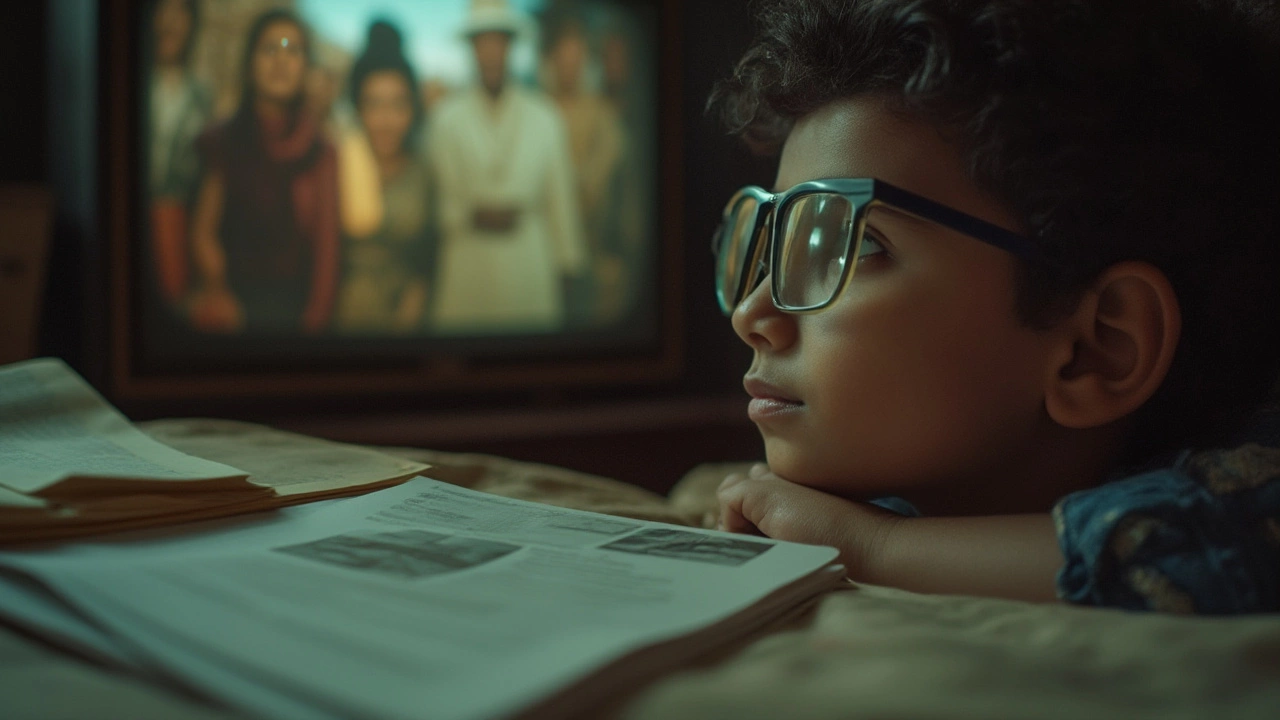
What Sets the Best Apart: Tips, Traits, and Unusual Facts
So, what really makes someone the best actor in the world, and how can you spot that special spark? For starters, best actor in the world isn’t just about awards. Sometimes, the industry’s raised eyebrows come from actors who make strange choices and still pull them off. Look at Bill Murray, who blends comedy and drama in ways that just shouldn’t work, or Tilda Swinton, never afraid of the avant-garde.
Versatility is a tip-off. Keep an eye on actors who split their careers between blockbuster roles and intimate indie films. Think of Christian Bale, who’ll go from Batman to dropping 60 pounds for “The Machinist” without a blink. Or Viola Davis, the only African-American to snag the Oscar, Emmy, and Tony trifecta—all for completely different kinds of characters. These are people unafraid of digging for emotional truth in every corner of their craft.
If you want to sharpen your eye for spotting acting greatness, try this: Watch interviews or behind-the-scenes docs. You’ll be shocked by how many legends feel nervous before a role, or even admit to having imposter syndrome. That humility, mixed with relentless curiosity, helps top actors keep getting better. Denzel Washington, for instance, never stops digging deeper into every character, famously rehearsing for weeks before even touching the script on set.
Here are some genuinely useful tips for anyone wanting to savor world-class acting or learn from it:
- Keep a watchlist of movies where your favorite actors play against type—like Jim Carrey in “Eternal Sunshine” or Emma Stone in “Maniac.”
- Read critics from different cultures. They’ll spot nuances, especially in non-English language cinema, that local reviews might miss.
- If you’re an aspiring actor, don’t just mimic one legend. Practice scenes from actors known for subtlety, like Saoirse Ronan, as well as powerhouses, like Idris Elba.
- Check the eyes: magnetic actors use them to guide the audience. Think Al Pacino’s tense stares or Audrey Hepburn’s vulnerable glances.
- See how actors work with silence—watch “Lost in Translation” or “Drive” for masterclasses in saying everything with nothing.
Finally, let’s bust a myth: there’s no real scorecard for greatness in acting. Sure, stats matter, but so do gutsy choices and cultural impact. And sometimes, the best actor in the world is simply the one who moved you the most that day—whether that’s Marlon Brando, Shah Rukh Khan, or someone entirely off the mainstream radar.
Next time you argue at dinner about acting’s G.O.A.T., remember: skill, courage, versatility, and that bit of magic you just can’t name. Now, who gets your vote?
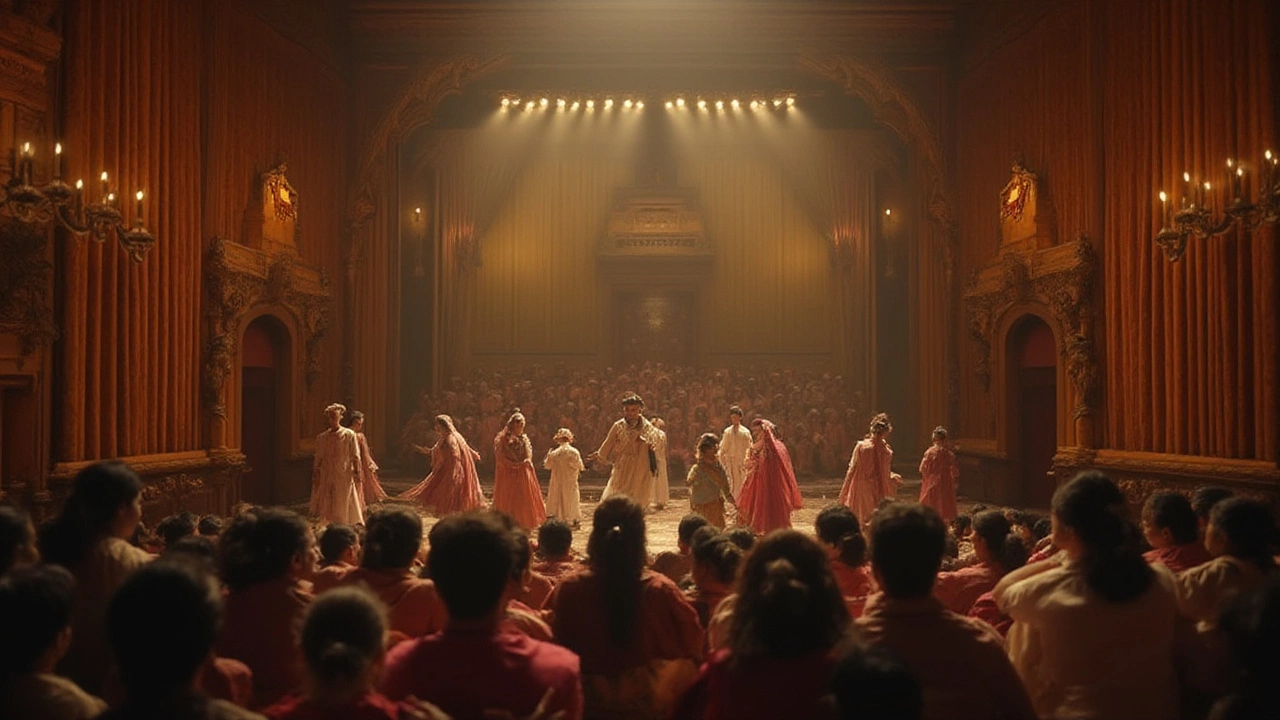
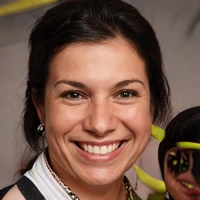
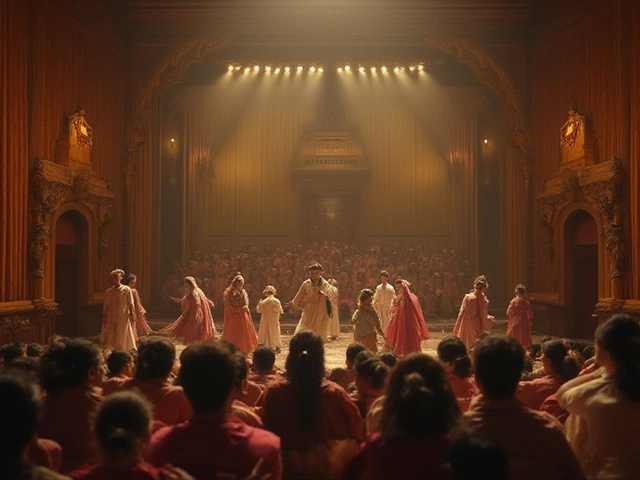
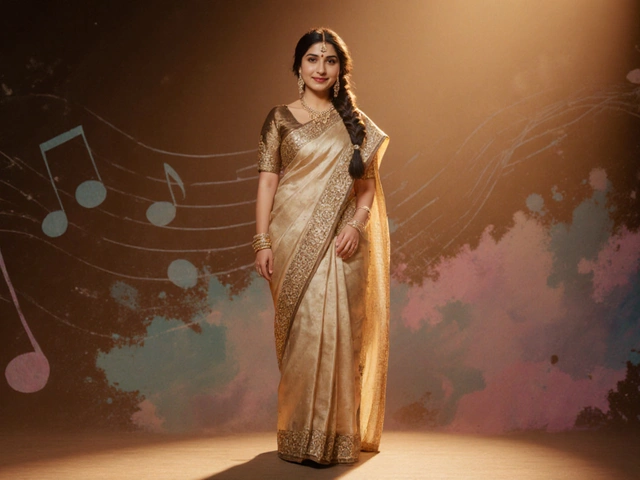
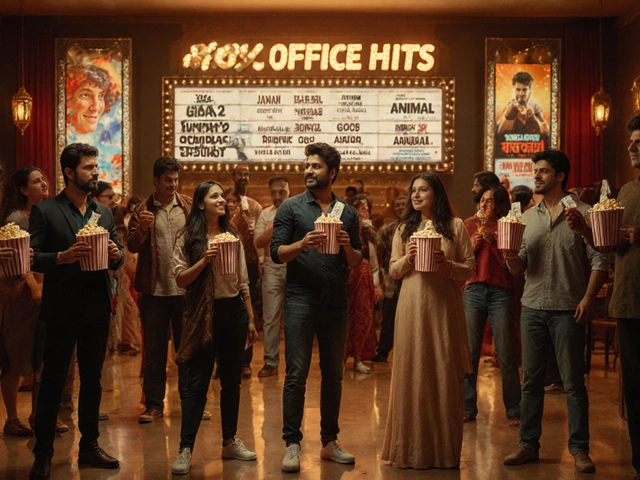
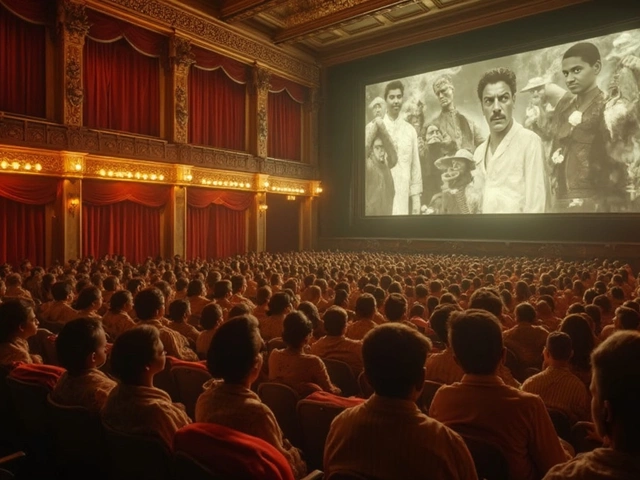
Post A Comment